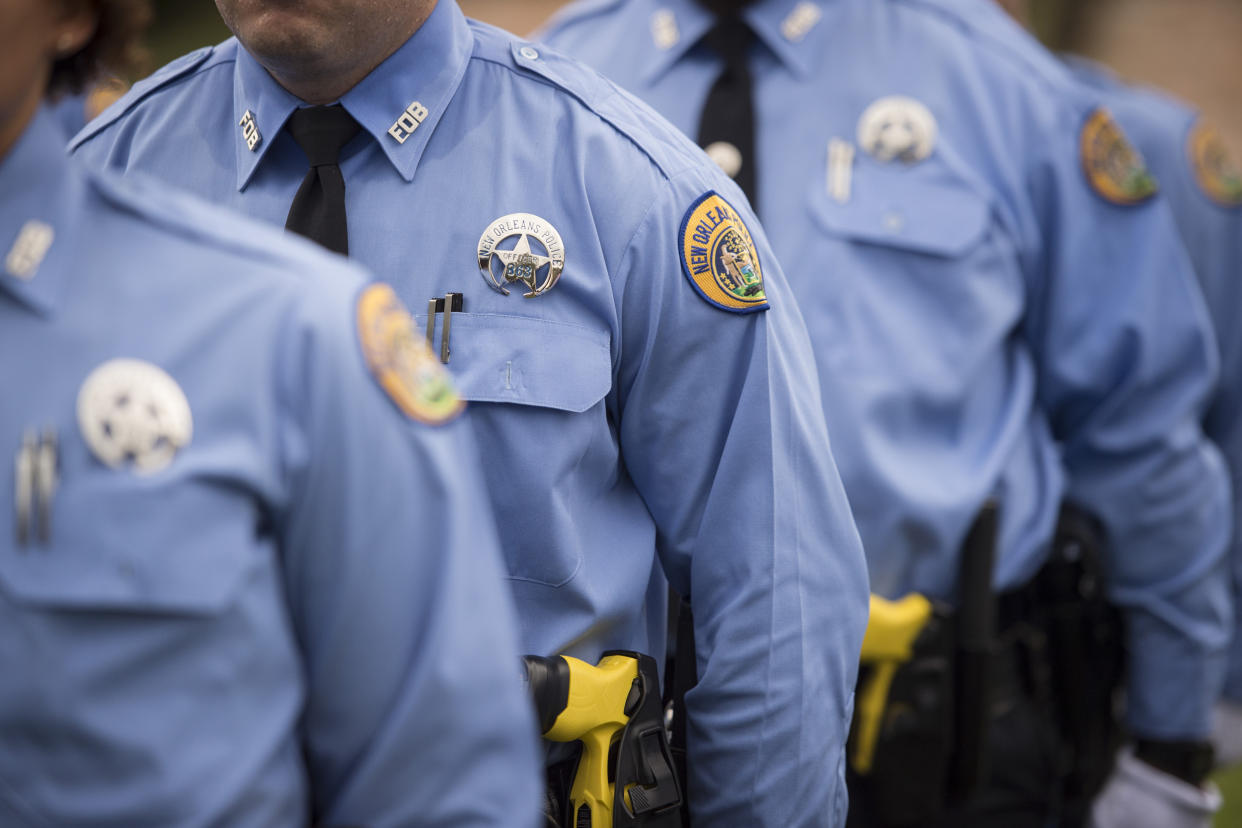New Orleans mayor says police consent decree must end, citing retention issues
New Orleans Mayor LaToya Cantrell on Thursday called for an end to a decade of federal oversight of the city's police, saying officers are in "handcuffs" and leaving the force.
The department, working under terms of a 2012 consent decree aimed at ending corruption and questionable use-of-force tactics, has made enough strides in recent years to break free of the supervision, according to the mayor.
“The consent decree handcuffs our officers by making their jobs harder, pestering them with punitive punishment and burying them with paperwork that is an overburden,” Cantrell told reporters alongside Police Superintendent Shaun Ferguson.
"I know that the men and women of our police department, our officers right now, are not responsible for getting us into that consent decree but have been responsible for the results that have been demonstrated."

Cantrell said officers are retiring and leaving the force because of the consent decree. But she didn't cite any numbers during her lengthy meeting with reporters.
And when reached by NBC News, a mayoral spokeswoman declined to discuss police staffing levels. A police department representative could not be immediately reached for comment.
"Separations are aligned with the consent decree that's a fact meaning they're leaving because of it, it's overburdensome," the mayor said.
A U.S. Department of Justice representative declined to comment Thursday.
Last month, Claude Schlesinger, a retired police lieutenant and now lawyer for Council of Fraternal Order of Police New Orleans, said the force is "hemorrhaging," according to New Orleans NBC affiliate WDSU.
“It’s awful, I think we’ve lost over 80 officers so far this year,” said Schlesinger. “We’re down from 1,740 in the time of Katrina; we’re close to 900 right now.”
He added: “We need to stop the hemorrhaging."
